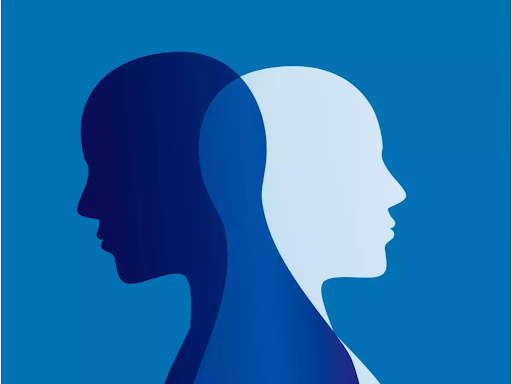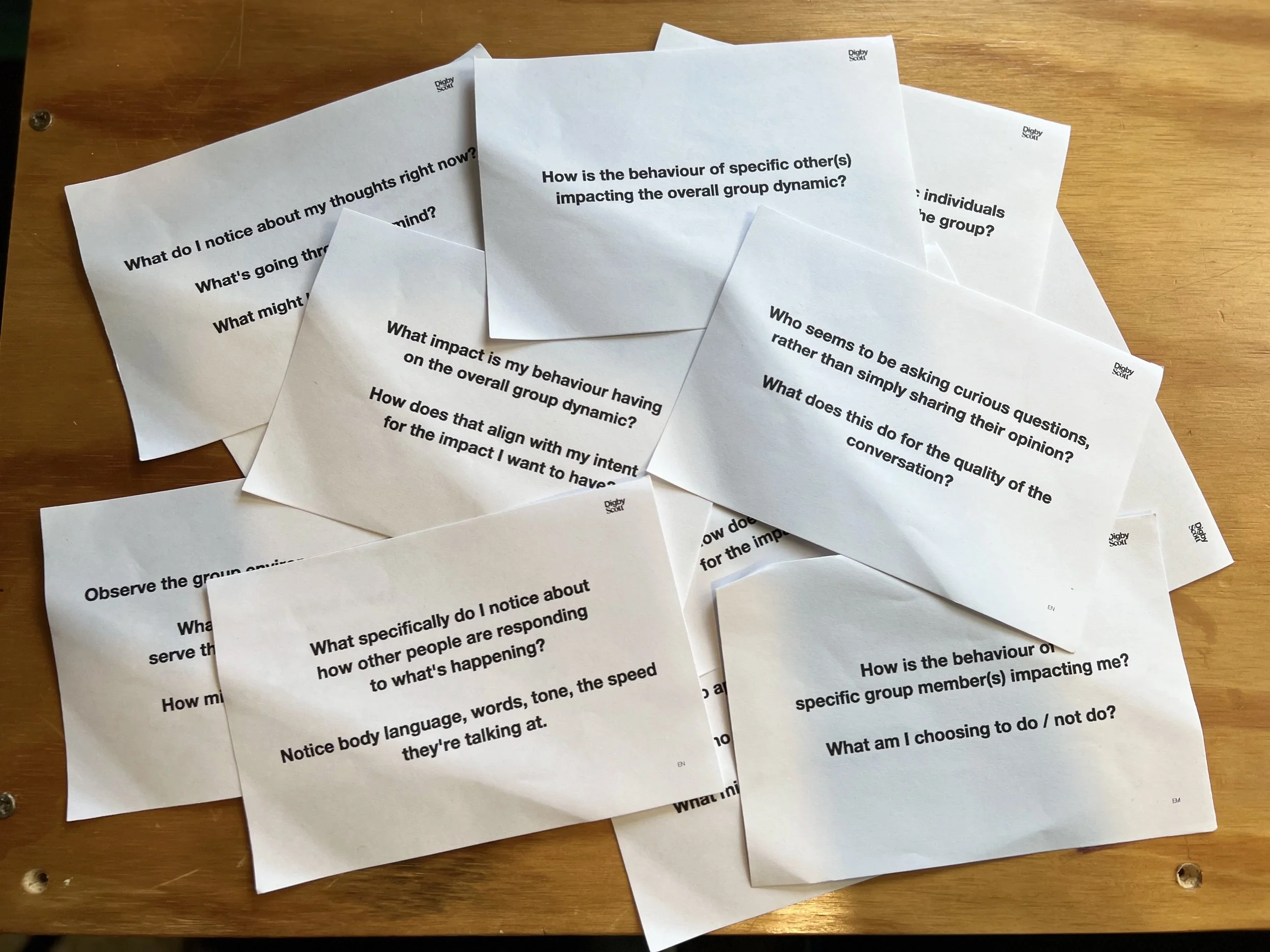Develop Dual Awareness
In a recent meeting, one participant in particular was being kind of unruly. He was taking up most of the airtime, talking over the top of people, and playing ‘verbal tennis’ with one of the other participants. All the while he appeared to be oblivious of the impact he was having on the vibe of the session.
Soon our time was up and everyone went their separate ways. From my perspective, it was a less-than-satisfactory experience. I felt that we’d missed a great opportunity for other participants to share their perspective. Their unheard voices could have contributed so much more to the conversation.
Does this situation sound familiar? I reckon we’ve all been there before. Maybe we’ve even been that unruly person!
So frustrating, right?
Meetings are at their most productive when everyone’s fully present and engaged. Given that for most of us, our days are full of meetings, it’s worthwhile finding ways to help us all contribute our best stuff. And at the very least, ensure we’re not texting on our phones under the table, or railroading the conversation, or wondering what’s for dinner.
Which leads me to the concept of Dual Awareness.
Awareness brings choice. The more acutely aware we are of what’s going on in any given situation, the more choice we have for how we respond. The more choices we have, the more effective we can be.
Our effectiveness is directly correlated to our level of awareness.
The idea of Dual Awareness is that we’re more effective when we have high awareness of both our internal environment and our external environment:
Internal environment = the stuff that’s within our direct control. Our thoughts, feelings, and behaviours.
External environment = what’s happening around us that we both influence and are influenced by.
The less aware we are (e.g. swept up in the moment and forgetting to notice the impact of how we’re showing up), the less effective we’ll be..
Cool concept. I first heard about it in this article from McKinsey. It’s a good summary, yet it’s light on the details on how to apply it.
So, as a practical person, I got to work. I created a deck of cards. I’ve designed them to help people dial up their dual awareness while in any conversation or meeting. I’ve begun to test them and the initial feedback has been really positive. One person said that she immediately became more present and engaged in the meeting just because of the card she was holding. That’s got to be a good thing, right?
If you think your conversations and meetings could be more effective, or if you think you could be more effective in them, I think you’ll like these cards.
They provide prompts to help you pay attention to something that’s going on in the conversation. It might be something internal, or something external. Here are two example prompts:
What do I notice about my behaviour right now? (Internal)
How would I describe the vibe of this meeting right now? (External)
By simply having a card like this to pay attention to while you’re in the meeting, you’ll automatically become more present.
Here are three ways you can use the cards:
Solo: Pick a card for your day and pay attention to it in all interactions you have
Pair: Buddy up with someone for the day. Each pick a card for your day. At the end of your day, share what you noticed
Group: Use them in a group session with everyone choosing a card to pay attention to
As you can see from the photo, the cards are very much in ‘test mode’. I’m keen to have as many people as possible try them and provide feedback so I can refine them and share them with the wider world. If you’re keen to play, just download the cards and supporting resources, and I’ll be in touch in a few weeks to ask you for your feedback. No cost, no drama. All I ask is for you to try them out!
Regardless, I hope this idea has got you thinking about how you can dial up your own awareness and presence. As Socrates said, know thyself. It’s a lifelong mission that starts with observing yourself, inside and out.


